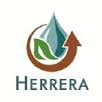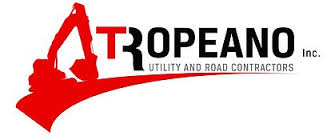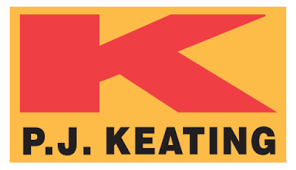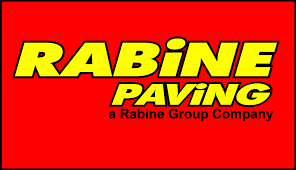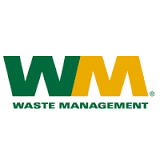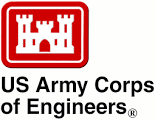News
 EPA Protects Maui & Hawai‘i Water by Ordering Closure of Five Cesspools
EPA Protects Maui & Hawai‘i Water by Ordering Closure of Five Cesspools
Aug 15, 2024
HONOLULU – The U.S. Environmental Protection Agency (EPA) has announced multiple settlement agreements and one closure order involving the owners of Large Capacity Cesspools on Maui and Hawai‘i Island. Cesspools are potential sources of water contamination.
Mani Makai Reserve (DE) LLC, Walter A. Taylor Associates, Inc., Konohiki Corp., Joshua A. Stone Trust and Amy M. Stone Trust have reached settlement agreements and will close their properties’ illegal cesspools in Maui. EPA also issued a closure order to Retreat Village at Kalani Kai, LLC on Hawai‘i Island.
“EPA will continue to uphold the law and protect the environment by taking enforcement action against operators of illegal Large Capacity Cesspools,” said Martha Guzman, EPA Pacific Southwest Regional Administrator. “Every cesspool closed represents cleaner groundwater, surface water and beaches for Hawai‘i.”
EPA has identified five cesspools that meet the regulatory definition of illegal Large Capacity Cesspools and must be closed:
-- Mani Makai Reserve (DE) LLC. Hana, Maui: One Cesspool serving two restrooms in the Hasegawa General Store building. The owner, Mani Makai Reserve (DE) LLC and the operator Hasegawa General Store, Inc. have agreed to pay a $50,000 penalty and close the Cesspool by December 2024.
-- Walter A. Taylor Associates, Inc. Kula, Maui: One Cesspool serving the Kula Hardware & Nursery store and gas station. The owner, Walter A. Taylor Associates, Inc., has agreed to pay a $90,000 penalty and close the Cesspool by July 31, 2025.
-- Konohiki Corp. Makawao, Maui: One Cesspool serving a restroom at the HPM Building Supply building owned by Konohiki Corp. in Makawao, Maui. The company has agreed to close the Cesspool by May 1, 2025, convert it into to a septic system, and pay a $44,000 penalty.
-- Joshua A. Stone Trust and Amy M. Stone Trust. Makawao, Maui: One Cesspool serving two restrooms in a building leased to a yoga studio in Makawao, Maui. The owners, Joshua A. Stone Trust and Amy M. Stone Trust, have agreed to pay a penalty of $50,137 and close the Cesspool by March 31, 2025.
-- Retreat Village at Kalani Kai, LLC. Pahoa, Hawai‘i Island: One Cesspool serving a campground restroom on the property leased to Kalani Honua Inc. for use as a retreat center. They are required to close the Cesspool by July 2025.
Background on Large Capacity Cesspools
Cesspools collect and release untreated raw sewage into the ground, where disease-causing pathogens and harmful chemicals can contaminate groundwater, streams, and the ocean.
The five cesspools named in these settlements meet the regulatory criteria of an unlawful non-residential Large Capacity Cesspool because they have the capacity to serve 20 or more persons per day.
Since the 2005 federal ban, more than 3,862 Large Capacity Cesspools in Hawai‘i have been closed; however, hundreds remain in operation. Cesspools are used more widely in Hawai‘i than any other state and present a unique challenge as groundwater provides 95 percent of all water supply for the islands.
Learn more about cesspools in Hawai‘i and the federal ban and definition of a Large Capacity Cesspool.
For more information on reporting possible violations of environmental laws and regulations visit EPA’s enforcement reporting website.
Media Contact: Alejandro Diaz, 808-284-7084, [email protected]
Forms, Reports, Regulations, Pictures, Graphs, Examples





